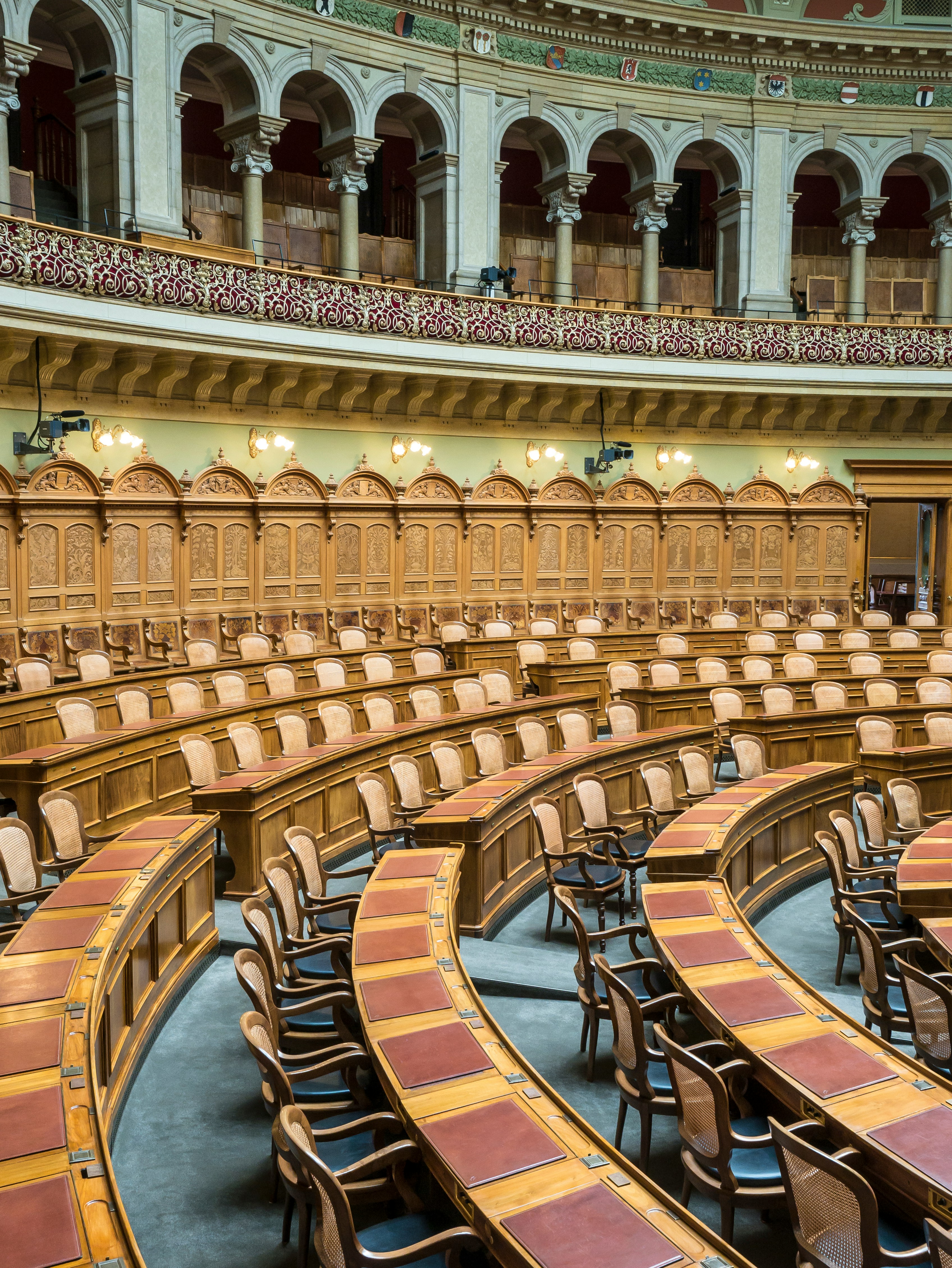First climate lawsuit in South Korea to demand financial compensation for climate-related damages
KEPCO’s subsidiaries generated 27% of national GHG emissions between 2011 and 2022
New research attributes $72.9 billion in damages to the utility’s emissions between 2011 and 2023
August 12, 2025 (SEOUL) – In a historic first for South Korea, six farmers facing increasing climate-related losses have filed a lawsuit against Korea Electric Power Corporation (KEPCO), the state-owned utility, seeking financial compensation for climate-related damages.
KEPCO’s subsidiaries were responsible for approximately 27% of South Korea’s greenhouse gas emissions (GHG) between 2011 and 2022, making it the single largest corporate contributor to domestic emissions. On a global scale, KEPCO’s emissions accounted for about 0.39% of total cumulative emissions over the same period.
The case is grounded in a new analysis estimating $72.9 billion in climate-related economic losses linked to KEPCO’s emissions from 2011 to 2023. Using a methodology based on a Nature-published study, the analysis quantifies economic harm from corporate emissions, showing that it is now possible to assign measurable responsibility for damages caused by extreme heat and other climate impacts.
The plaintiffs are symbolically claiming 2,035 KRW (approximately $1.46), representing the mental and emotional damages they have suffered due to the climate crisis. In addition to this, the plaintiffs are also seeking compensation for significant economic losses caused by the climate impacts. The initial claim only represents a portion of the total damages, and the amount is expected to be expanded as the lawsuit progresses. The figure “2035” reflects their demand for a complete coal phase-out by 2035, five years earlier than the South Korean government’s current 2040 target.
“The plaintiffs are not asking for sympathy—they are asking for the law to recognize measurable responsibility. KEPCO and its subsidiaries are responsible for roughly 27% of South Korea’s cumulative GHG emissions and almost 0.4% globally. That share of the damage is calculable, and in a court of law, quantifiable harm means legal liability,” said Yeny Kim, attorney at Solutions for Our Climate (SFOC).
“I’ve poured my heart into growing rice, but this year’s heavy rains flooded my fields. Why is it always powerless farmers like us who suffer, while KEPCO and its subsidiaries—who are fueling the climate crisis—take no responsibility and neglect the urgent need to address climate change?” said Seong-yeol Hwang, a rice farmer in Dangjin, South Chungcheong Province.
“Spring now comes much earlier—apple blossoms that used to bloom at the end of April now start blooming in early April. If a sudden cold snap hits, the flowers freeze or grow into deformed fruit. We’ve had poor harvests because of this, and in 2023, apple prices skyrocketed nationwide due to widespread crop failure,” said Yong-un Ma, an apple farmer in Hamyang, South Gyeongsang Province.
In addition to financial losses, the plaintiffs cite the emotional toll and psychological distress of living under worsening climate conditions, what experts now recognize as “climate anxiety”. With rising temperatures, erratic weather patterns, and mounting uncertainty about the future of farming in Korea, many face the risk of losing not just their income, but their way of life.
“These days, even while farming, I can’t live peacefully for a single moment, constantly worried about heavy rains, heatwaves, droughts, and typhoons,” said Hwang.
The lawsuit reflects a growing global movement demanding corporate accountability for climate harm. It comes just weeks after the International Court of Justice (ICJ) issued an advisory opinion affirming that the right to a healthy environment is a human right, and that states have legal duties to prevent environmental damage. While the opinion focuses on state obligations, it reinforces the logic that governments must regulate corporate polluters, particularly state-owned entities like KEPCO.
The case also builds on a major ruling by Korea’s Constitutional Court in August 2024, which declared the government’s climate law unconstitutional for failing to protect future generations. That decision established climate action as a constitutional duty—this case now takes the next step by demanding that corporate emitters, too, be held financially accountable.
The plaintiffs hope their case will not only bring redress for current damages but also shift the legal landscape in favor of stronger climate governance and corporate accountability.
ENDS.
Solutions for Our Climate (SFOC) is an independent nonprofit organization that works to accelerate global greenhouse gas emissions reduction and energy transition. SFOC leverages research, litigation, community organizing, and strategic communications to deliver practical climate solutions and build movements for change.
For media inquiries, please reach out to Yi Hyun Kim, Communications Officer, yihyun.kim@forourclimate.org.
Share this insights





















![[Report] Financing a Paris-Aligned Coal Exit in South Korea](https://content.sfoc.tapahalab.com/images/research/ld8wdme.jpg)


![[이슈브리프] 기후소송 국내 동향](https://content.sfoc.tapahalab.com/images/research/sAovdme.jpg)

![[Consultation Brief] No Room for New Gas in South Korea](https://content.sfoc.tapahalab.com/images/research/uDmDeme.jpg)


![[이슈브리프] 한전 적자 부추기는 전력시장 보상제도와 거버넌스](https://content.sfoc.tapahalab.com/images/research/FzvSdme.jpg)

![[ISSUE BRIEF] Fossil Fuels, the Main Culprit behind KEPCO’s Deficit](https://content.sfoc.tapahalab.com/images/research/q5TSdme.jpg)


![[이슈 브리프] 좌초되는 한국형 RE100 제도: 망이용료와 제3자 PPA를 중심으로](https://content.sfoc.tapahalab.com/images/research/etandme.jpg)




